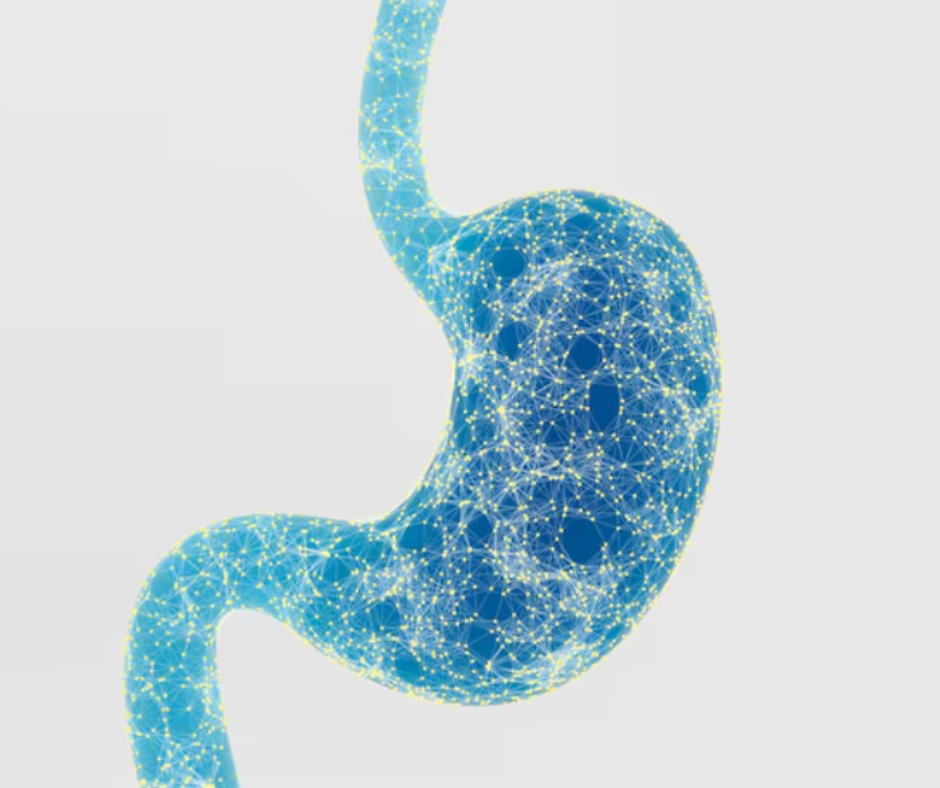Unlocking Liver Health: Understanding the Importance of Liver Function
- livercarecenter23
- Mar 14, 2024
- 4 min read
The liver is a remarkable organ with numerous essential functions vital for maintaining overall health and well-being. Understanding the importance of liver function is crucial as it plays a central role in various metabolic processes, detoxification, and synthesis of essential molecules within the body.

Anatomy of the Liver
Situated in the upper right portion of the abdomen, the liver is the largest internal organ in the human body. Structurally, it comprises four lobes and is composed of hepatocytes, specialized cells responsible for carrying out metabolic activities. The liver receives a dual blood supply from the hepatic artery and portal vein, enabling it to filter blood and perform its diverse functions effectively.
Functions of the Liver
The liver performs a multitude of critical functions essential for maintaining homeostasis and overall health. These functions include:
Metabolism: The liver metabolizes carbohydrates, fats, and proteins, regulating blood glucose levels and synthesizing essential molecules for energy production and cellular processes.
Detoxification: Acting as the body's primary detoxification center, the liver removes toxins, drugs, and metabolic waste products from the bloodstream, ensuring their safe elimination from the body.
Synthesis of Essential Molecules: The liver synthesizes various proteins, including albumin, clotting factors, and cholesterol, which are crucial for maintaining blood volume, coagulation, and cellular structure.
Common Liver Disorders
Despite its resilience, the liver is susceptible to various disorders that can impair its function and lead to serious health complications. Some common liver disorders include:
Non-alcoholic Fatty Liver Disease (NAFLD): Characterized by the accumulation of fat in the liver, NAFLD is often associated with obesity, insulin resistance, and metabolic syndrome.
Hepatitis: Hepatitis refers to inflammation of the liver, typically caused by viral infections (hepatitis A, B, C, D, or E), alcohol consumption, or autoimmune conditions.
Cirrhosis: Cirrhosis is the advanced stage of liver disease characterized by extensive scarring and irreversible damage to liver tissue, often resulting from chronic alcohol abuse, viral hepatitis, or other causes.
Risk Factors for Liver Disease
Several factors increase the risk of developing liver disease, including:
Alcohol Consumption: Excessive alcohol consumption can cause alcoholic liver disease, leading to liver inflammation, fatty liver, and cirrhosis.
Obesity and Metabolic Syndrome: Obesity, insulin resistance, and metabolic syndrome are significant risk factors for non-alcoholic fatty liver disease (NAFLD) and non-alcoholic steatohepatitis (NASH).
Viral Infections: Chronic hepatitis B and C infections are leading causes of liver inflammation and can progress to cirrhosis and liver cancer if left untreated.
Symptoms of Liver Dysfunction
Liver dysfunction can manifest in various ways, with symptoms ranging from mild to severe. Common signs of liver dysfunction include:
Fatigue
Jaundice (yellowing of the skin and eyes)
Abdominal pain or swelling
Nausea and vomiting
Unexplained weight loss
Dark urine and pale stools
Diagnosis and Treatment
Diagnosing liver disorders typically involves a combination of medical history review, physical examination, blood tests to assess liver function and detect specific markers of liver disease, imaging studies (ultrasound, MRI, CT scan), and liver biopsy in some cases. Treatment options vary depending on the underlying cause and may include lifestyle modifications, medications, dietary changes, and, in severe cases, liver transplantation.
Preventive Measures
Preventing liver disease involves adopting a healthy lifestyle and minimizing exposure to risk factors. Key preventive measures include:
Limiting alcohol consumption
Maintaining a healthy weight through balanced nutrition and regular exercise
Avoiding exposure to hepatitis viruses by practicing safe sex, avoiding sharing needles, and getting vaccinated against hepatitis A and B
Monitoring medication use and avoiding unnecessary or excessive use of medications that can harm the liver
Importance of Regular Liver Screenings
Regular liver screenings are essential for early detection and intervention in liver disease, particularly for individuals at higher risk due to factors such as obesity, diabetes, or a family history of liver disorders. Screening tests may include blood tests to assess liver enzymes and imaging studies to evaluate liver structure and function.
Conclusion
In conclusion, understanding the importance of liver function is paramount for maintaining overall health and well-being. The liver plays a central role in various metabolic processes, detoxification, and synthesis of essential molecules within the body. By adopting a healthy lifestyle, minimizing exposure to risk factors, and undergoing regular liver screenings, individuals can protect their liver health and reduce the risk of developing liver disease.
Frequently Asked Questions (FAQs)
What are the early signs of liver disease? Early signs of liver disease may include fatigue, abdominal discomfort, jaundice, nausea, and unexplained weight loss.
Can liver damage be reversed? In some cases, liver damage can be reversed, especially if detected early and appropriate lifestyle changes are made. However, advanced liver disease may require medical intervention or liver transplantation.
Are liver detox diets effective? While liver detox diets are popular, there is limited scientific evidence to support their effectiveness. It's essential to focus on maintaining a balanced diet and lifestyle to support liver health.
How can I improve my liver health naturally? You can improve your liver health naturally by maintaining a healthy weight, eating a balanced diet rich in fruits, vegetables, and whole grains, limiting alcohol consumption, staying hydrated, and exercising regularly.
When should I see a doctor for liver-related concerns? If you experience persistent symptoms such as abdominal pain, jaundice, or unexplained weight loss, it's essential to consult a healthcare professional for proper evaluation and diagnosis.
Get Access Now: Liver specialist in kochi



Comments